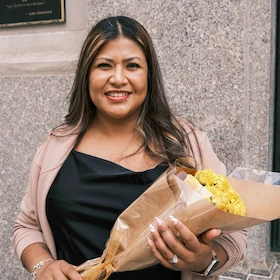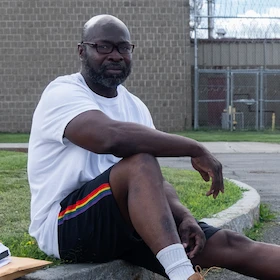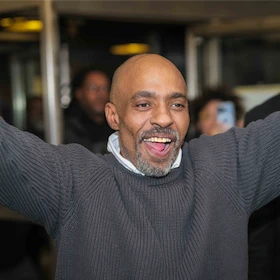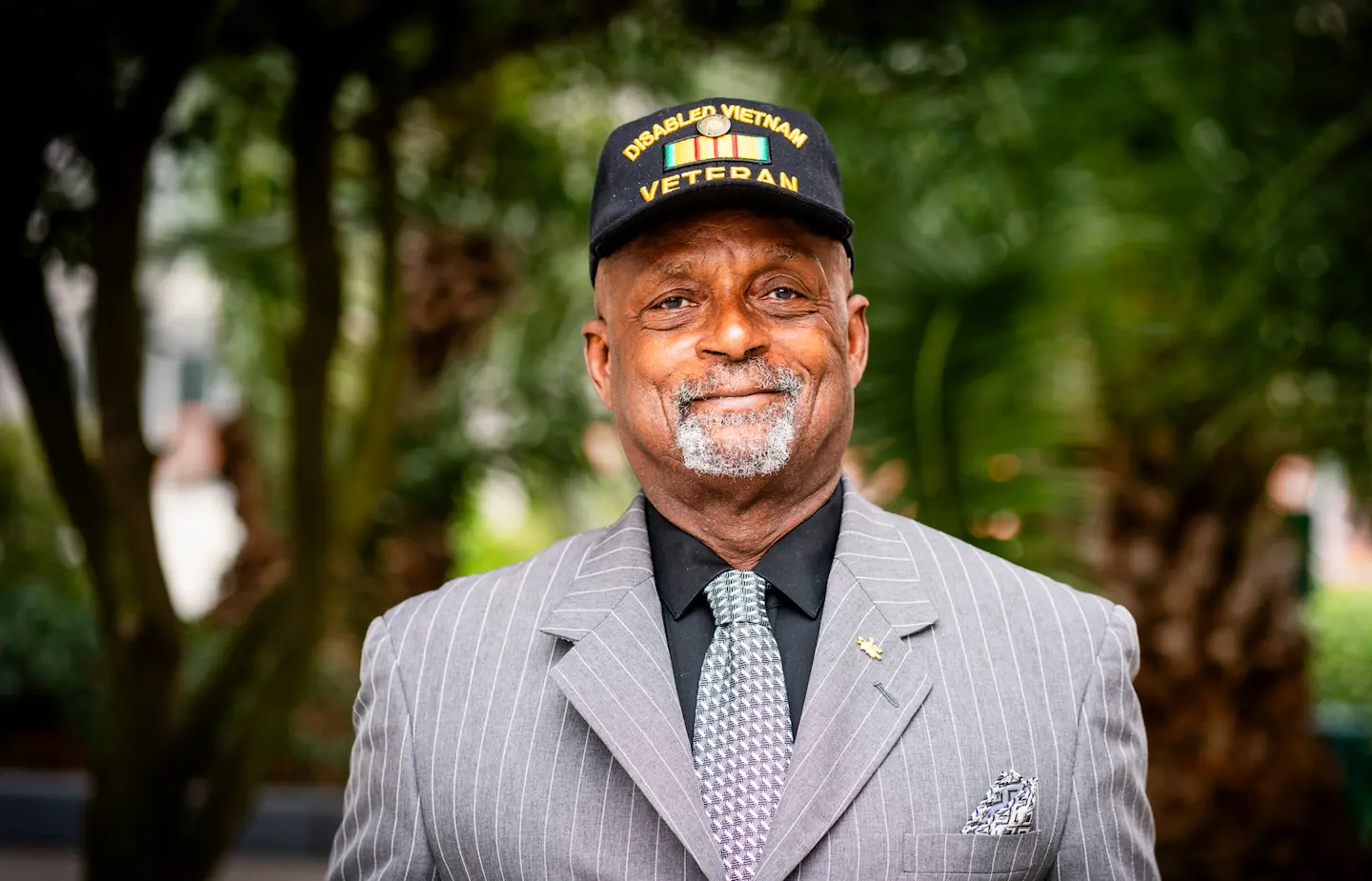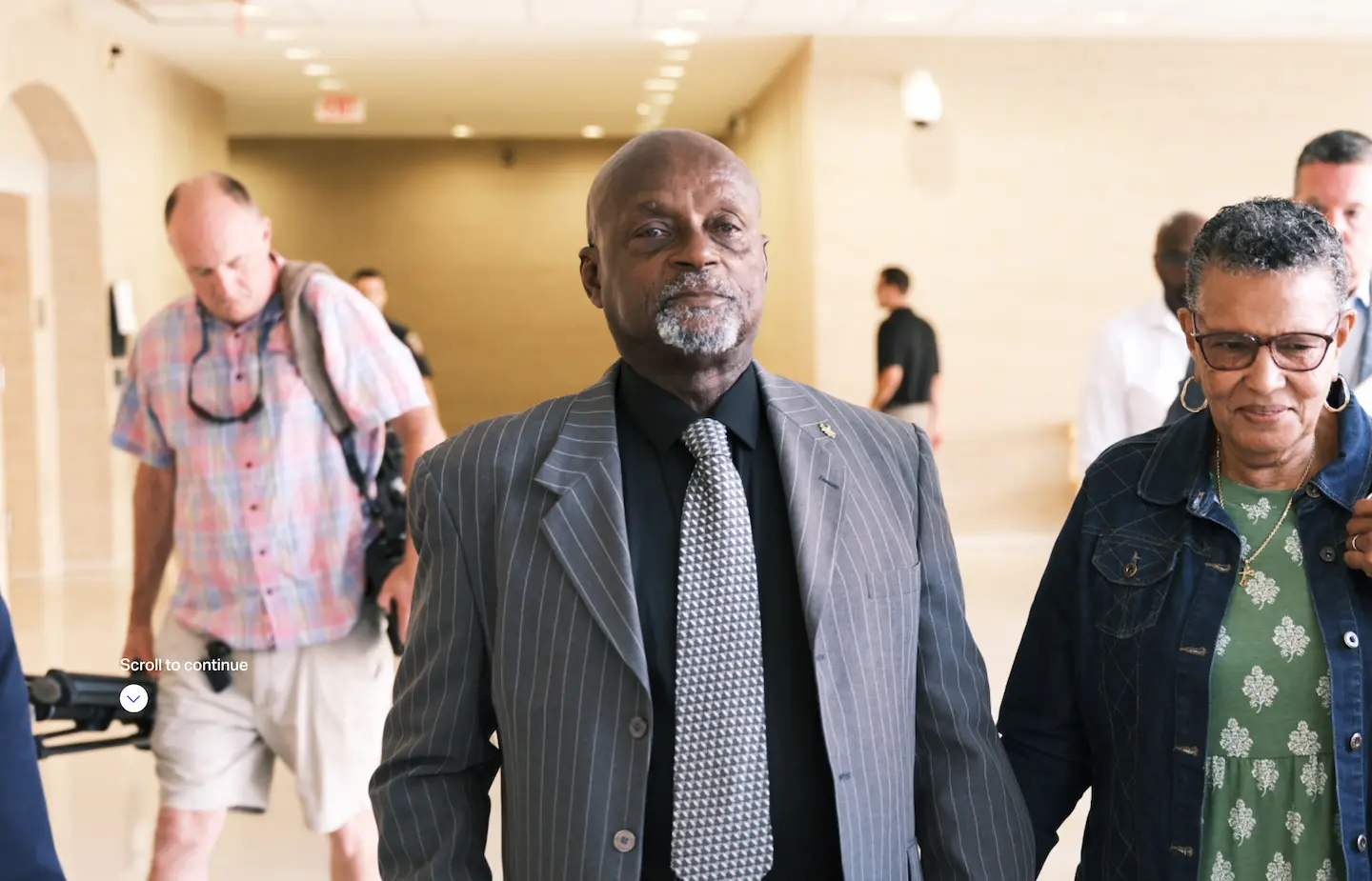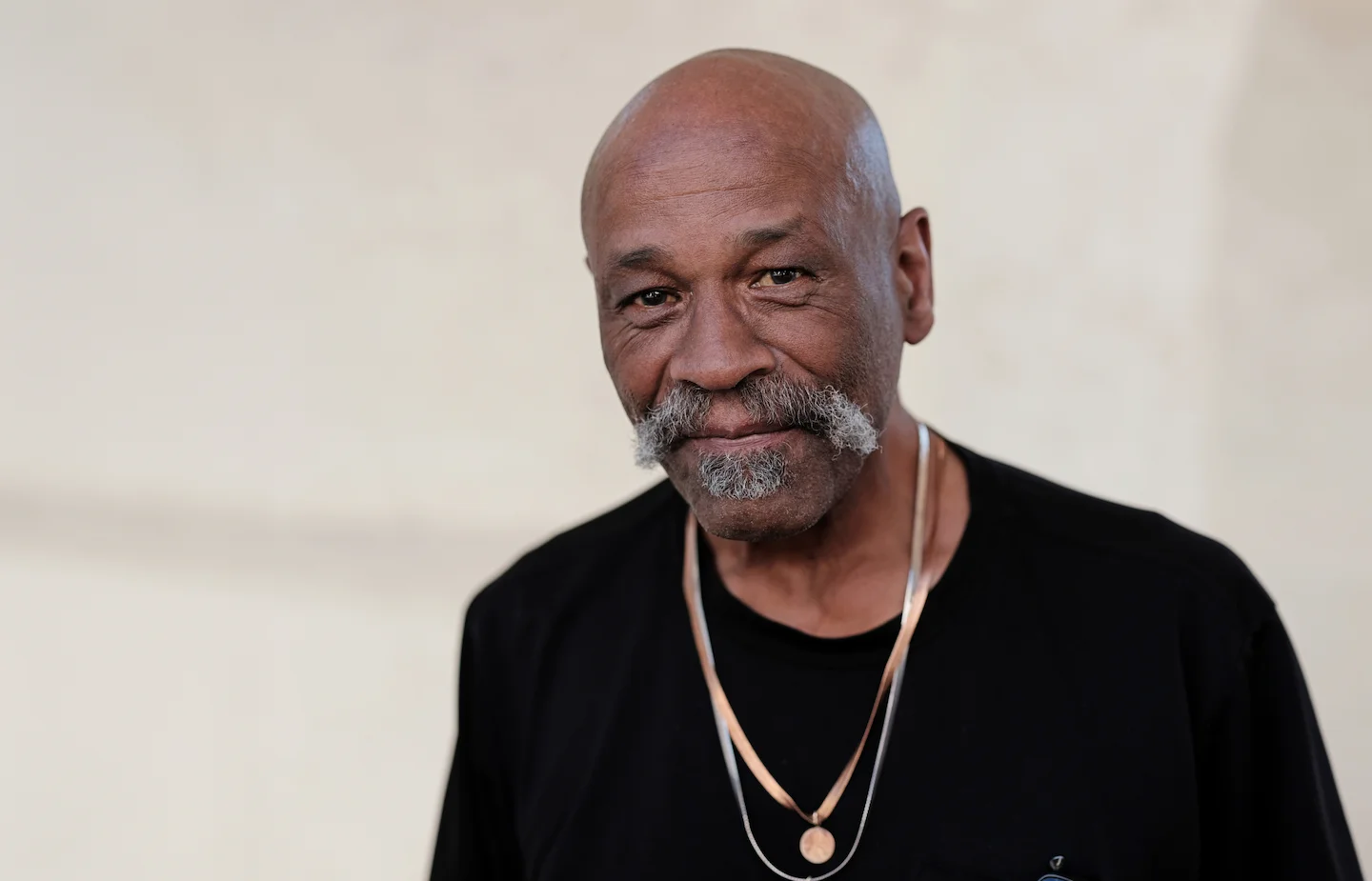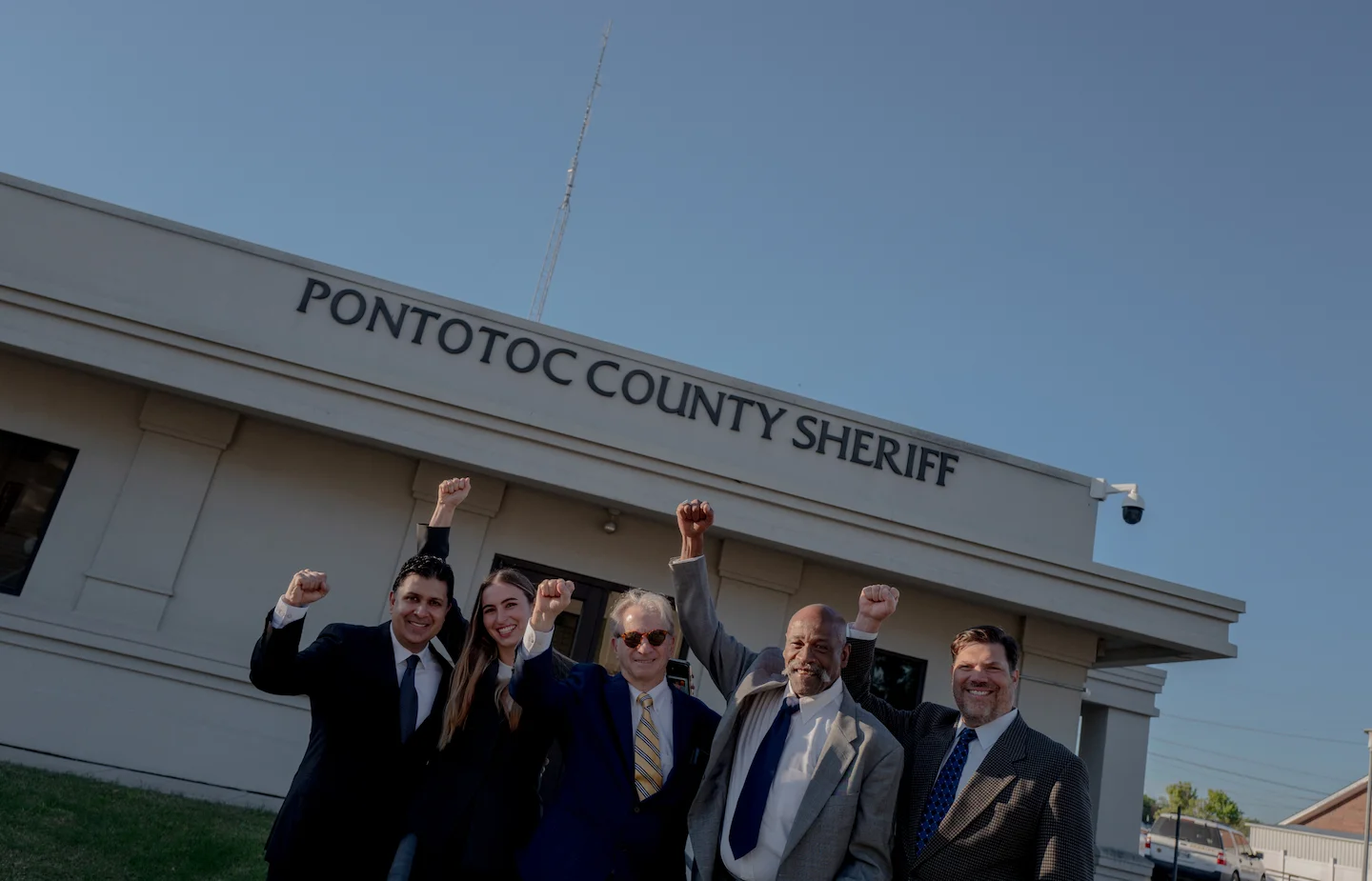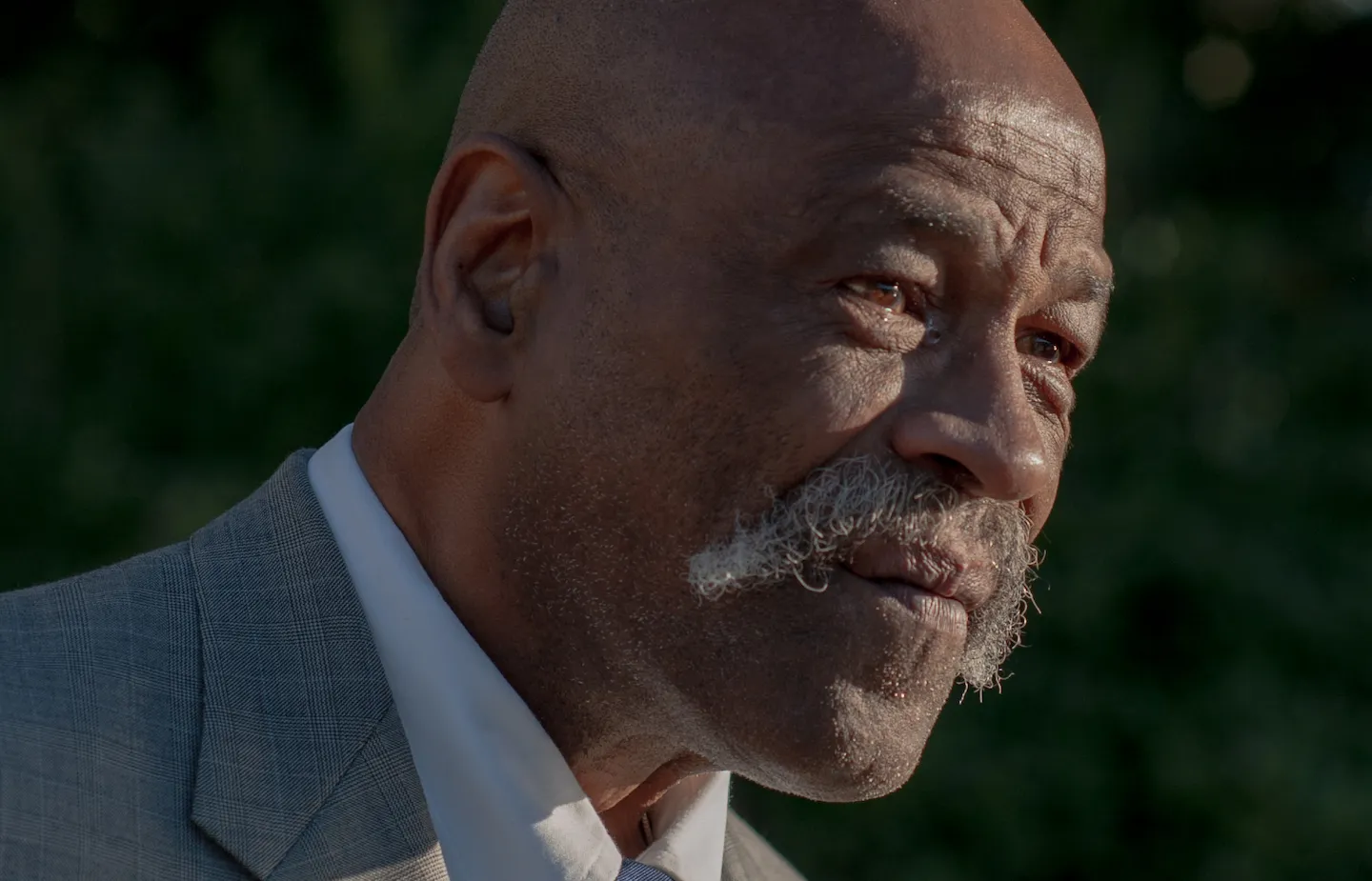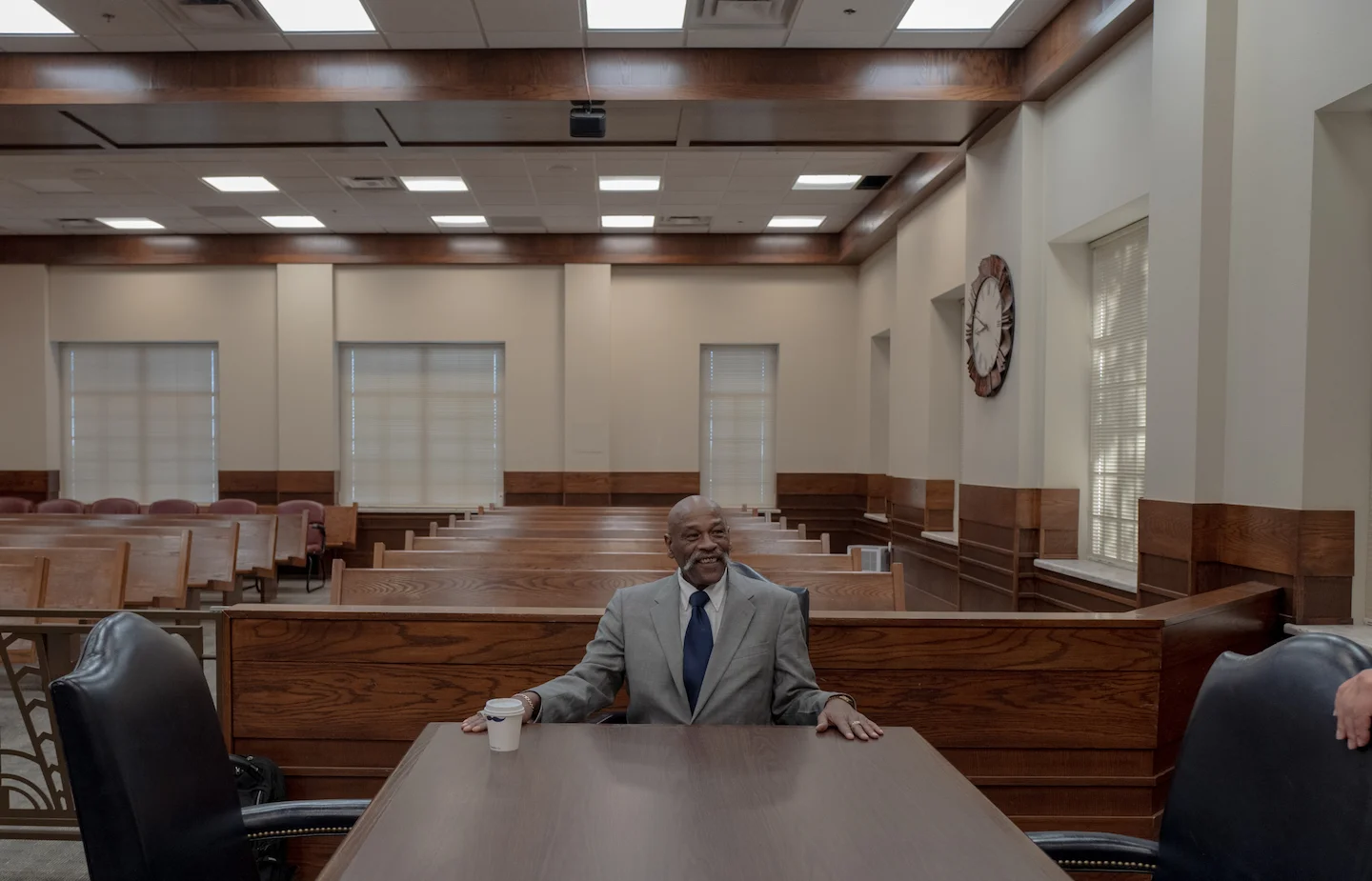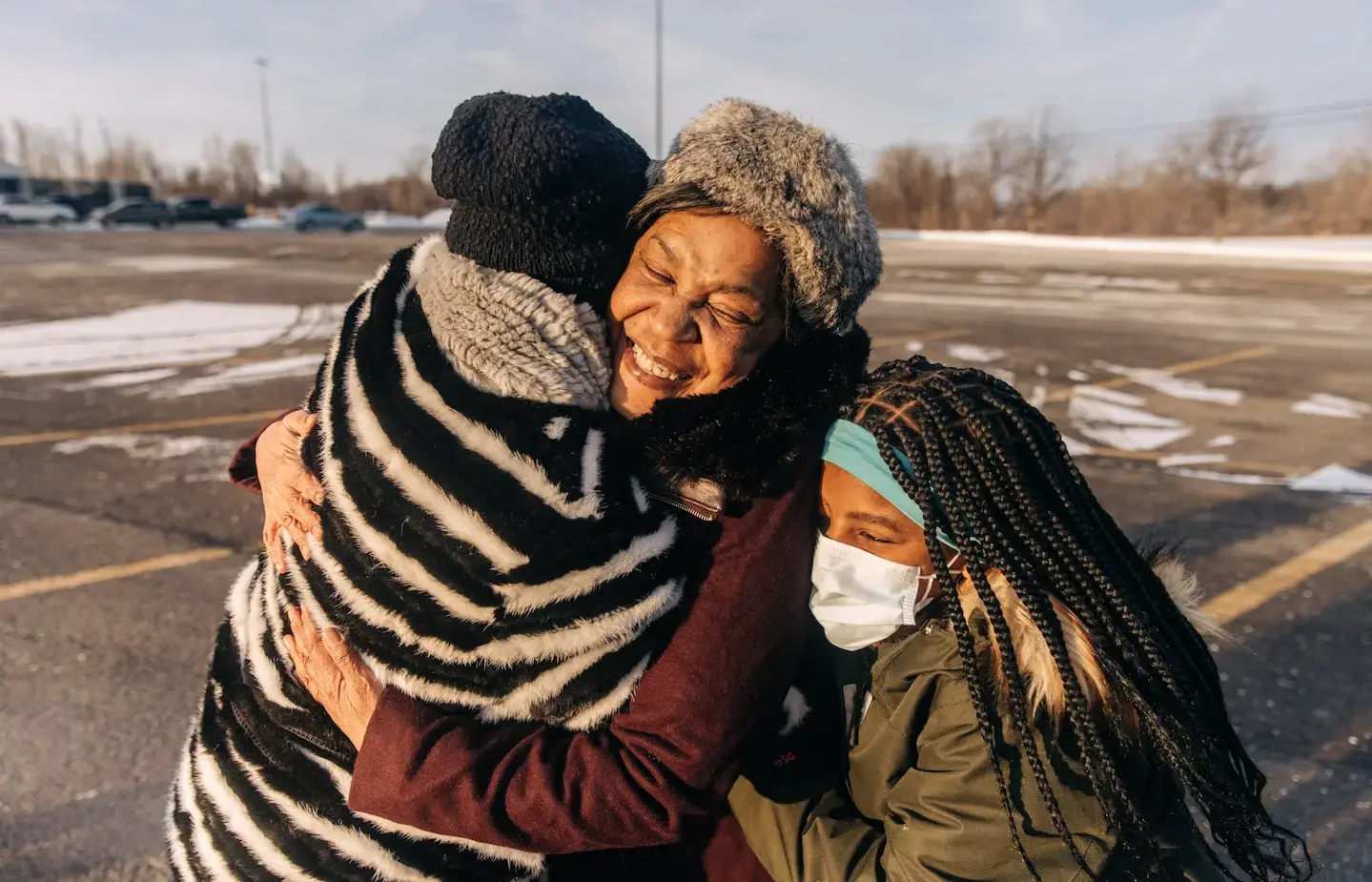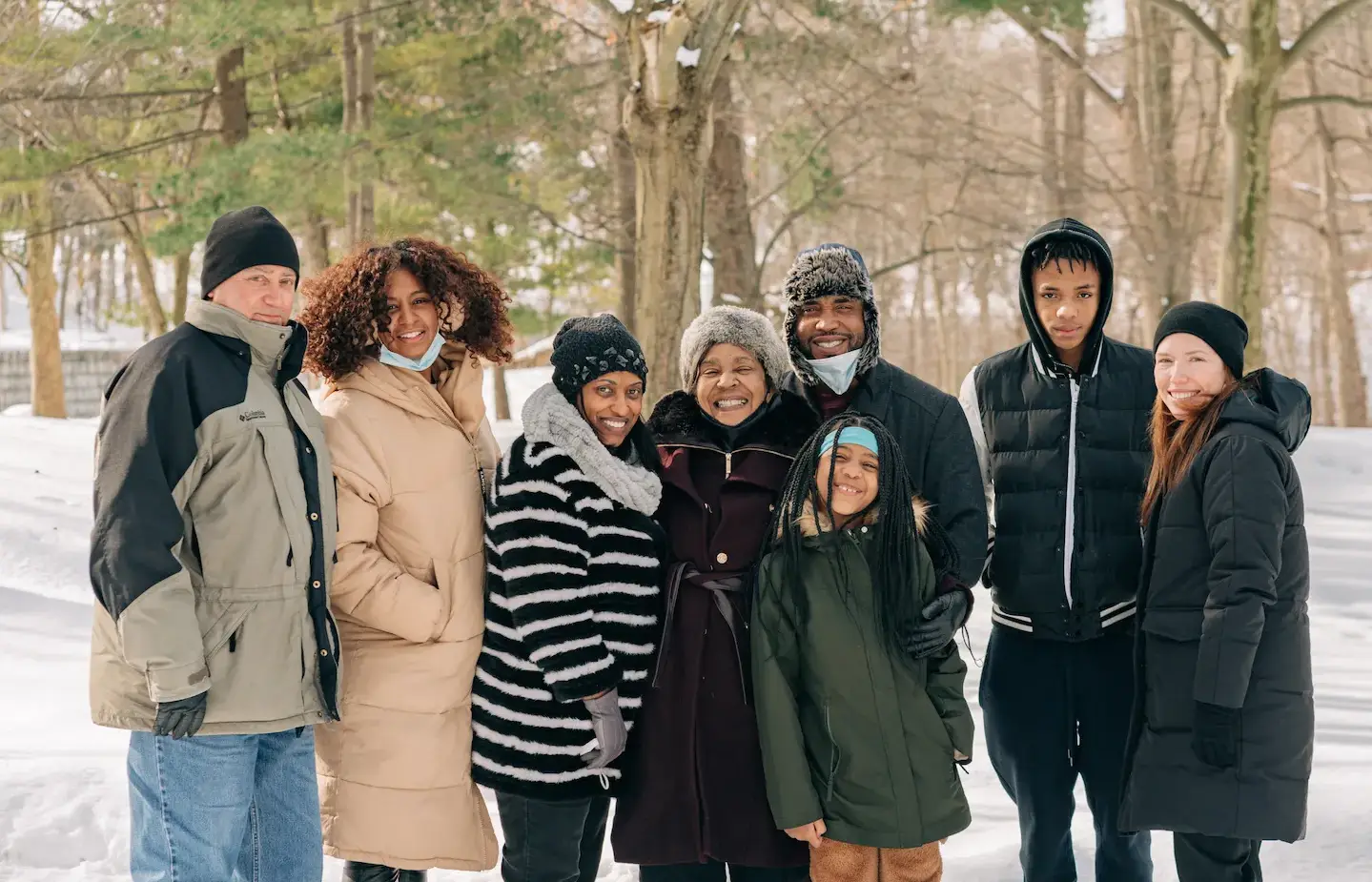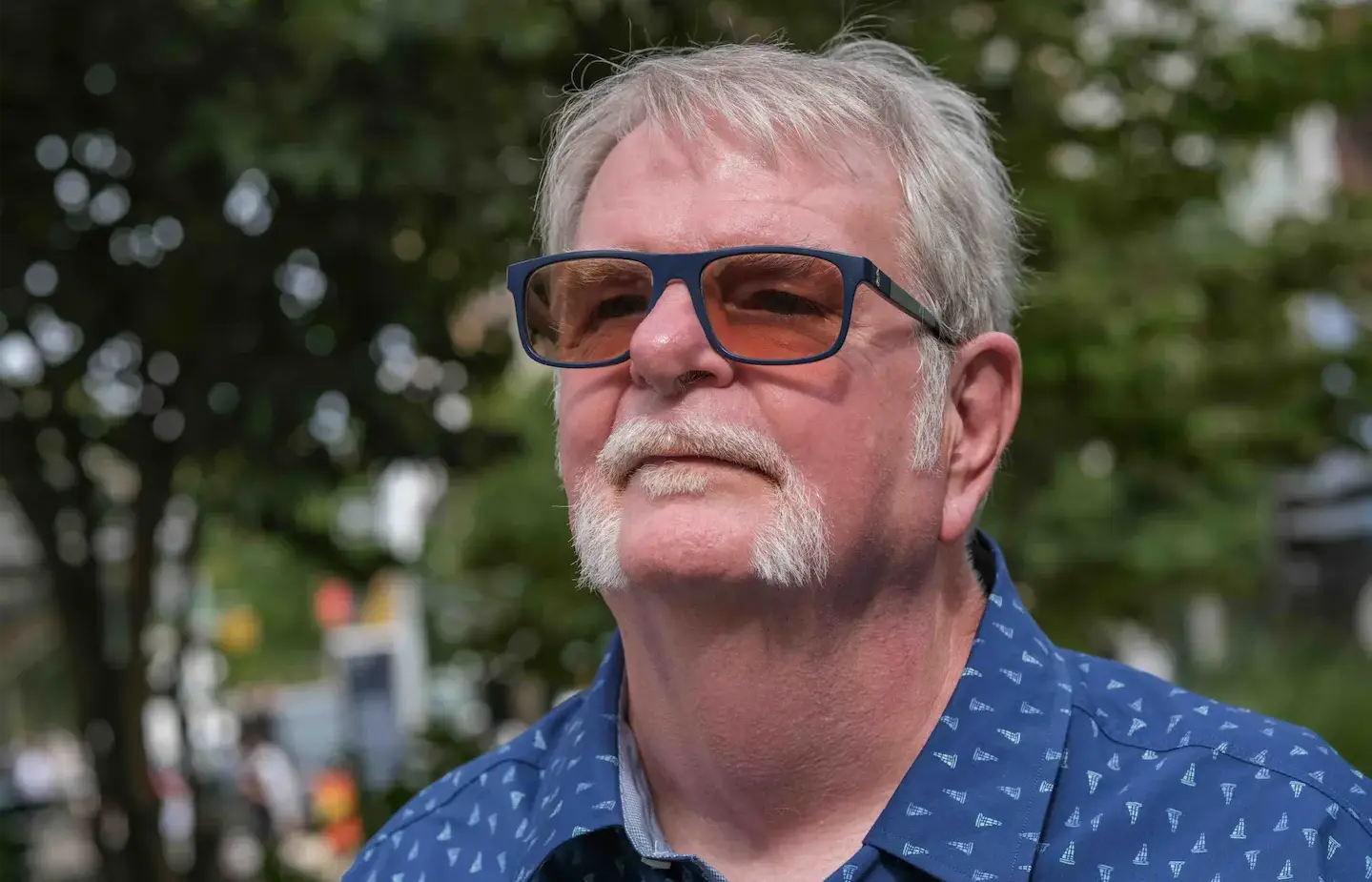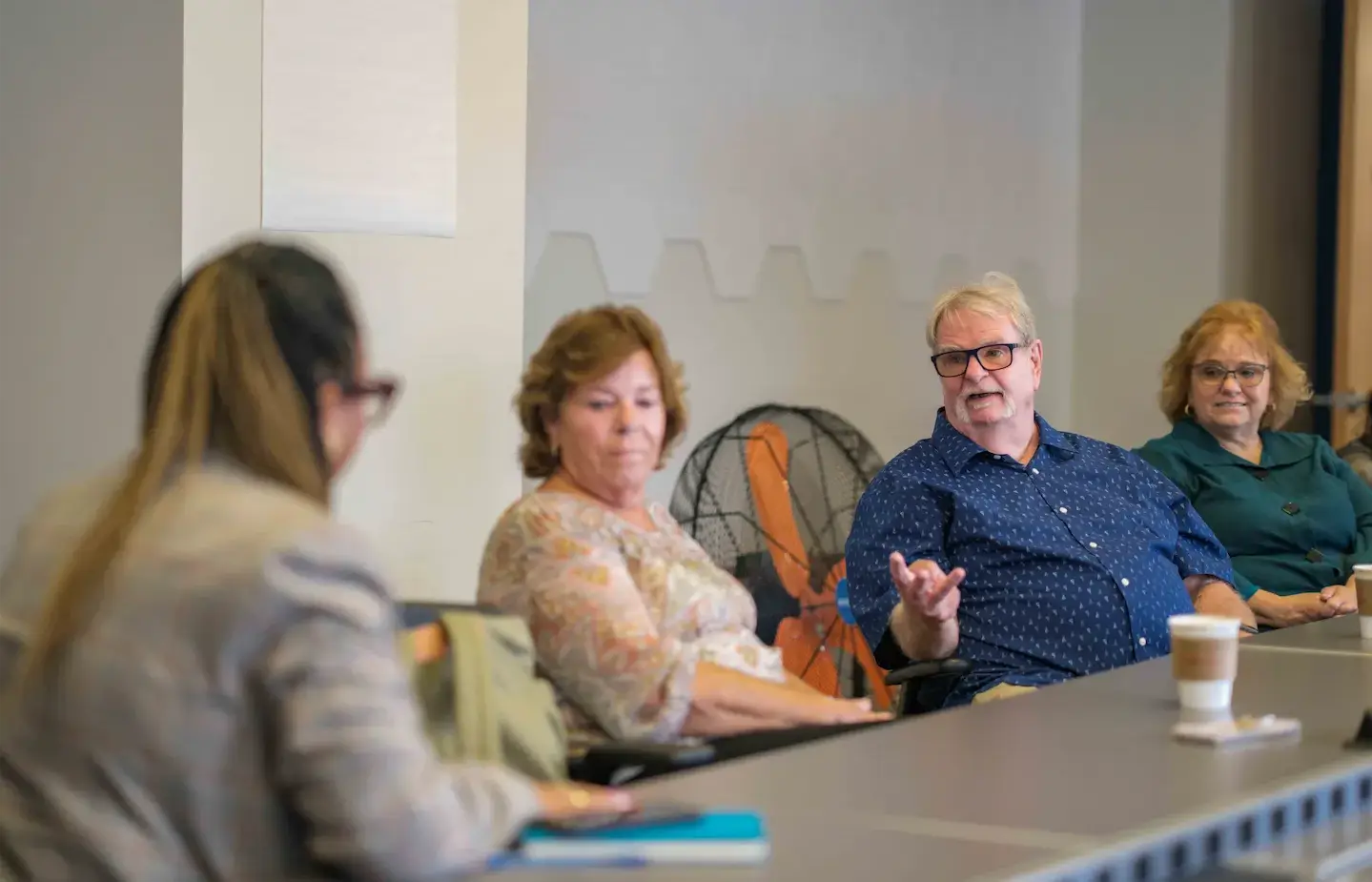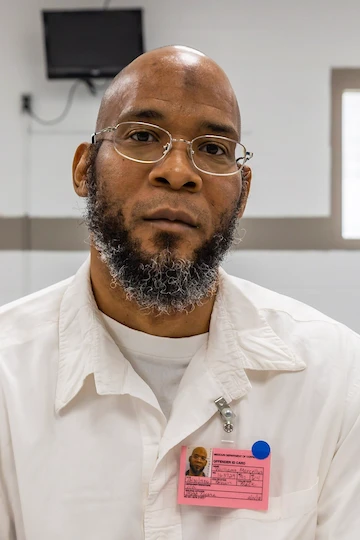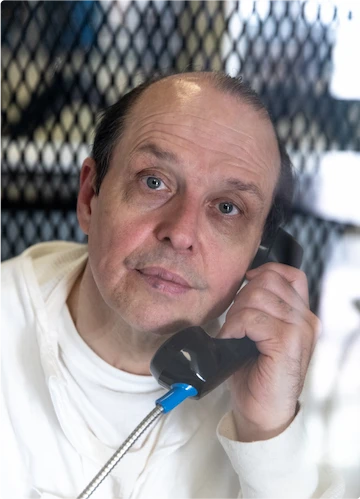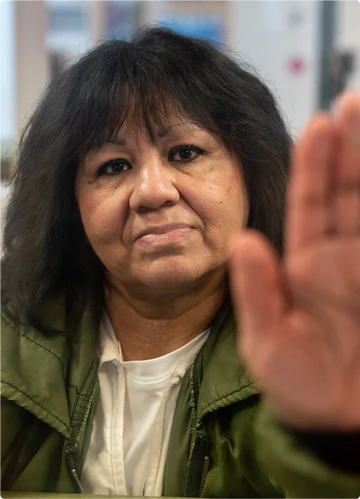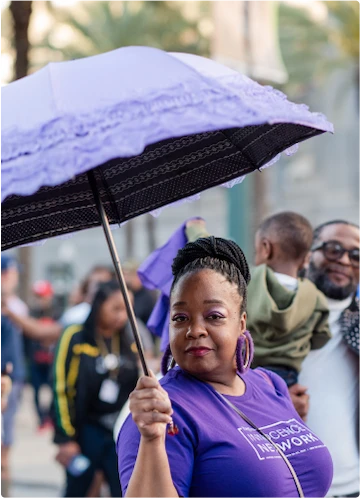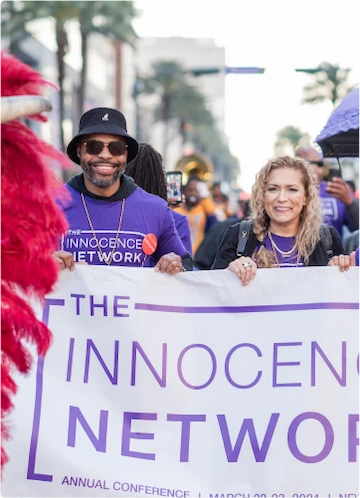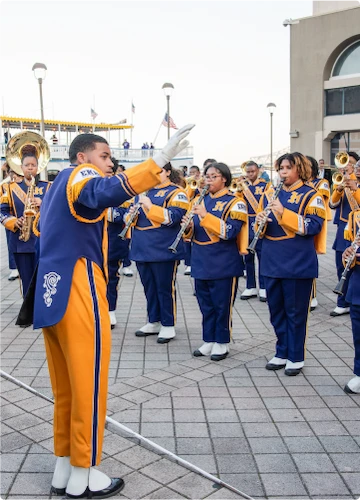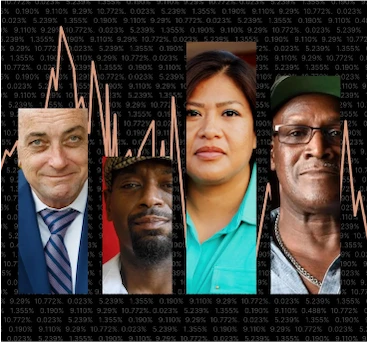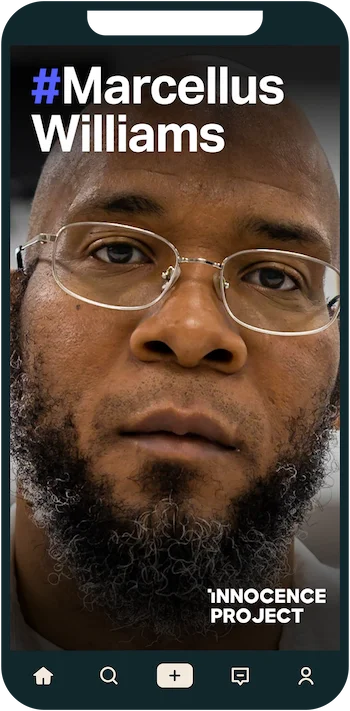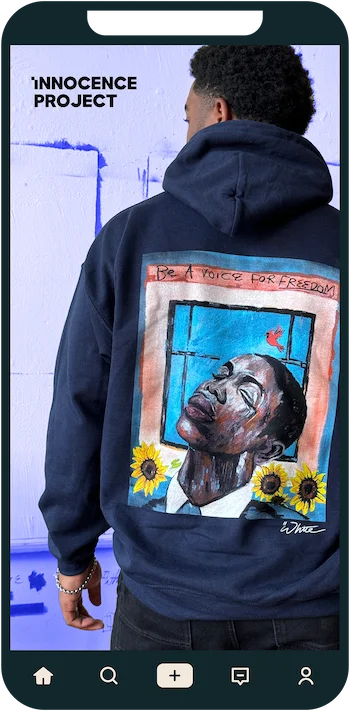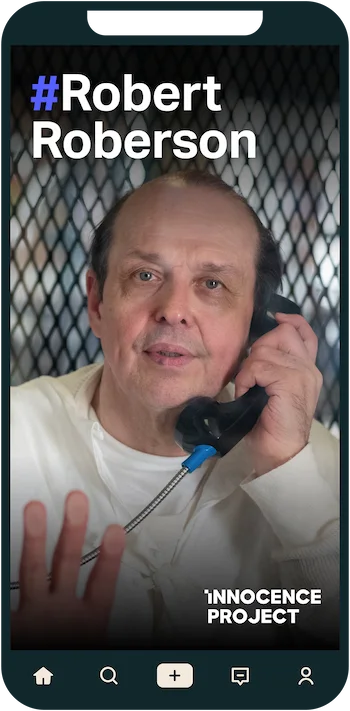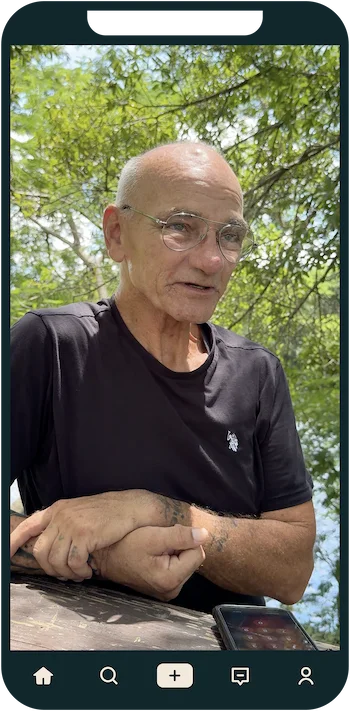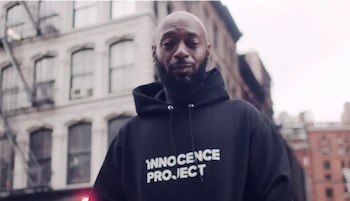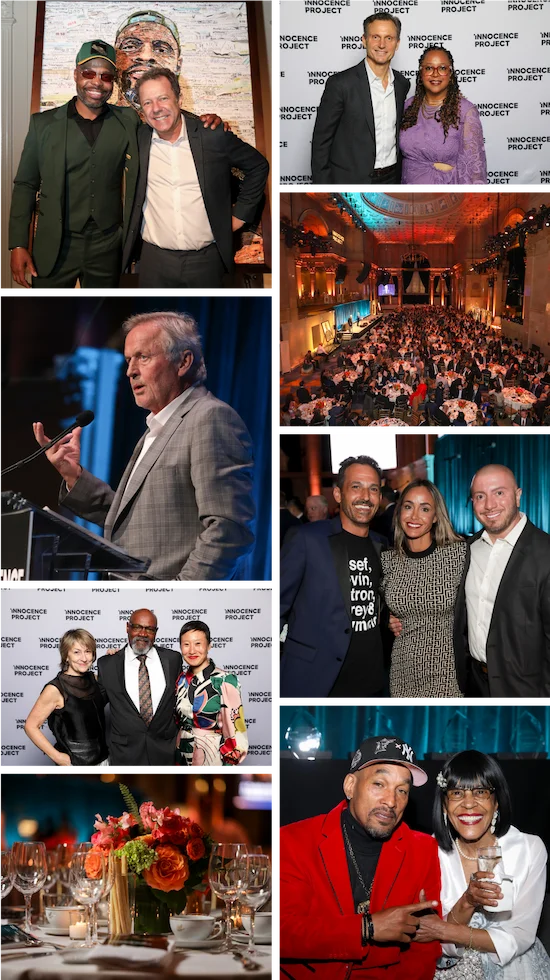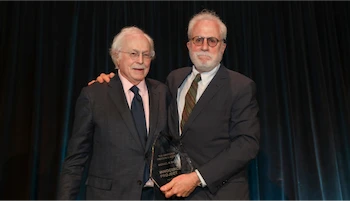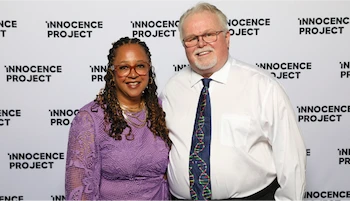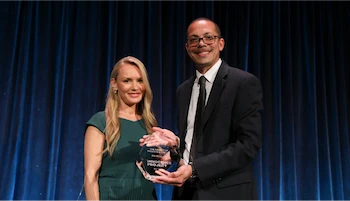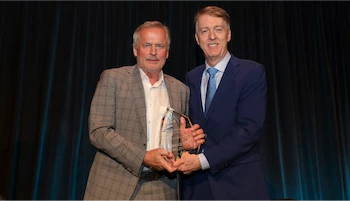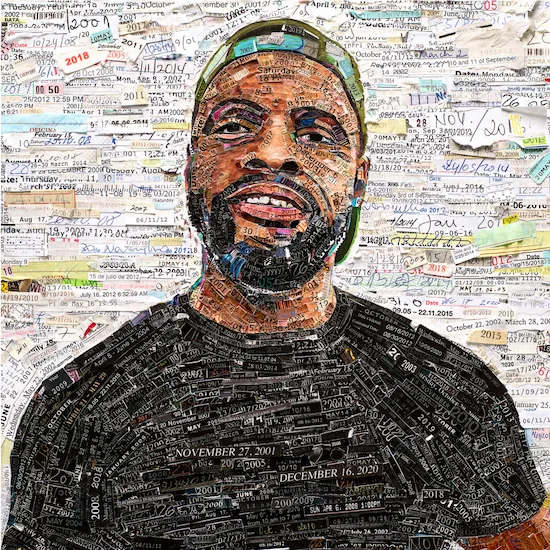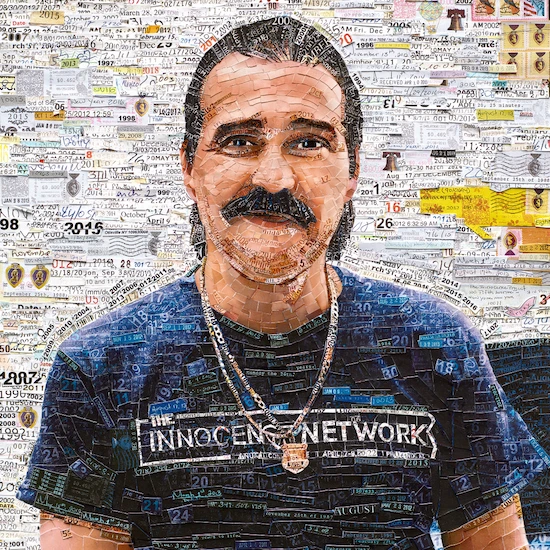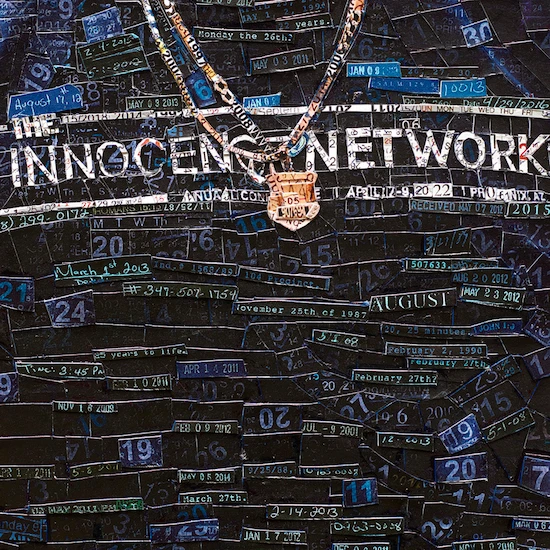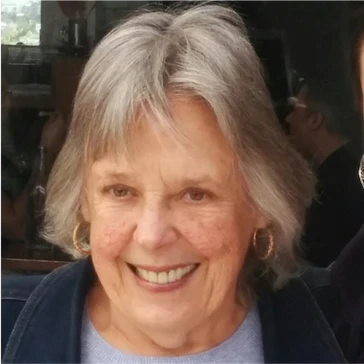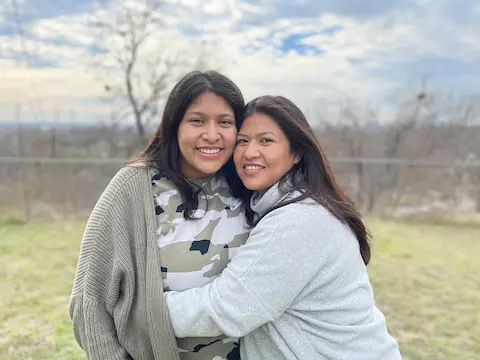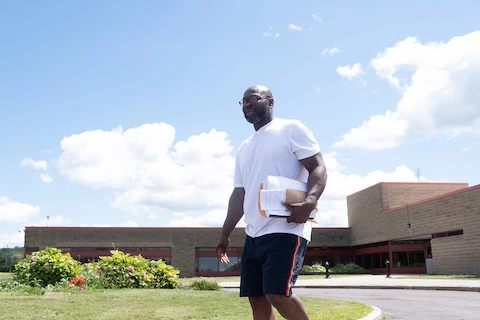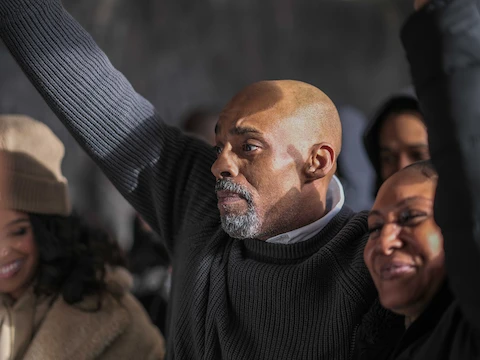A letter from our executive director
This has been an extraordinary year at the Innocence Project. We reached new highs by freeing and exonerating two of our longest-serving wrongfully convicted clients: Marvin Grimm and Sandra Hemme. We also experienced profound and unconscionable loss as one of our clients was executed and another came dangerously close to meeting the same fate.
We were privileged to witness remarkable acts of courage and generosity from individuals across the country and the world who joined our fight for justice, propelled by a shared understanding that, as Barack Obama once said, “justice grows out of recognition of ourselves in each other — that my liberty depends on you being free, too.”
Nowhere was this more evident than in the titanic effort to save Robert Roberson from execution in Texas. Mr. Roberson, who lives with autism, was wrongly convicted of the murder of his daughter, Nikki, based on the now widely discredited “shaken baby syndrome” hypothesis. Even though overwhelming medical and scientific evidence shows that Nikki died of accidental and natural causes, no court has reviewed the merits of his innocence claim.
Mr. Roberson is alive today thanks, in large part, to the unprecedented efforts of a bipartisan group of lawmakers, led by state Representatives Jeff Leach and Joe Moody, who won a temporary stay of execution for Mr. Roberson from the Texas Supreme Court nearly five hours after his scheduled execution. They also did what no court has done before: they held a hearing and allowed experts, attorneys, a former juror, and the lead detective in Mr. Roberson’s case to present the evidence that establishes his innocence. Mr. Roberson’s fate is still in the balance. We continue to fight for his freedom and exoneration.
Tragically, Marcellus Williams was executed by the state of Missouri in late September. Mr. Williams, whom we represented along with the Midwest Innocence Project, always maintained his innocence in the murder of a St. Louis Post-Dispatch reporter. No forensic evidence linked him to the crime. And, in a bold and courageous move by another elected official, St. Louis County Prosecuting Attorney Wesley Bell stood up for justice and called for Mr. Williams’ conviction to be overturned.
In both of these cases, we saw an outpouring of support from across the globe. More than one million people signed petitions to stop Mr. Williams’ execution, and nearly as many signed Mr. Roberson’s. Thousands called the governors of both states and urged them not to execute innocent men.
These large-scale campaigns highlight the urgent public demand for reform of our criminal legal systems. And in our last fiscal year, we made tremendous progress toward achieving real, tangible change. We secured justice for seven wrongly convicted people. We worked together with advocates, policymakers, and partner organizations to pass 15 laws that reveal, reverse, and prevent wrongful convictions. We pushed for stronger scientific standards in the criminal legal system in order to prevent unreliable forensic evidence from contributing to such convictions. We amplified our digital outreach to engage more supporters, we convened leading researchers from around the globe for important conversations on how data, science, and research can drive criminal legal reform, and we welcomed new members of our Exoneree Advisory Council.
As I enter my fifth year as the Innocence Project’s executive director, I could not be more proud of what this organization has achieved with your unwavering support and encouragement. I look forward to working alongside you to drive powerful and sustainable change in our criminal legal system.
Thank you.

